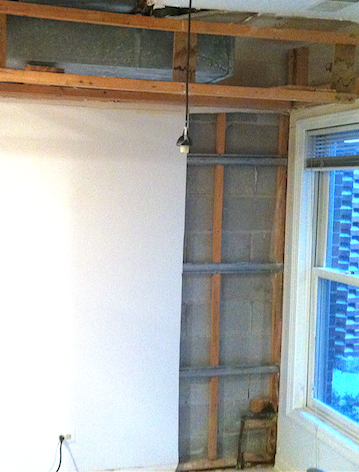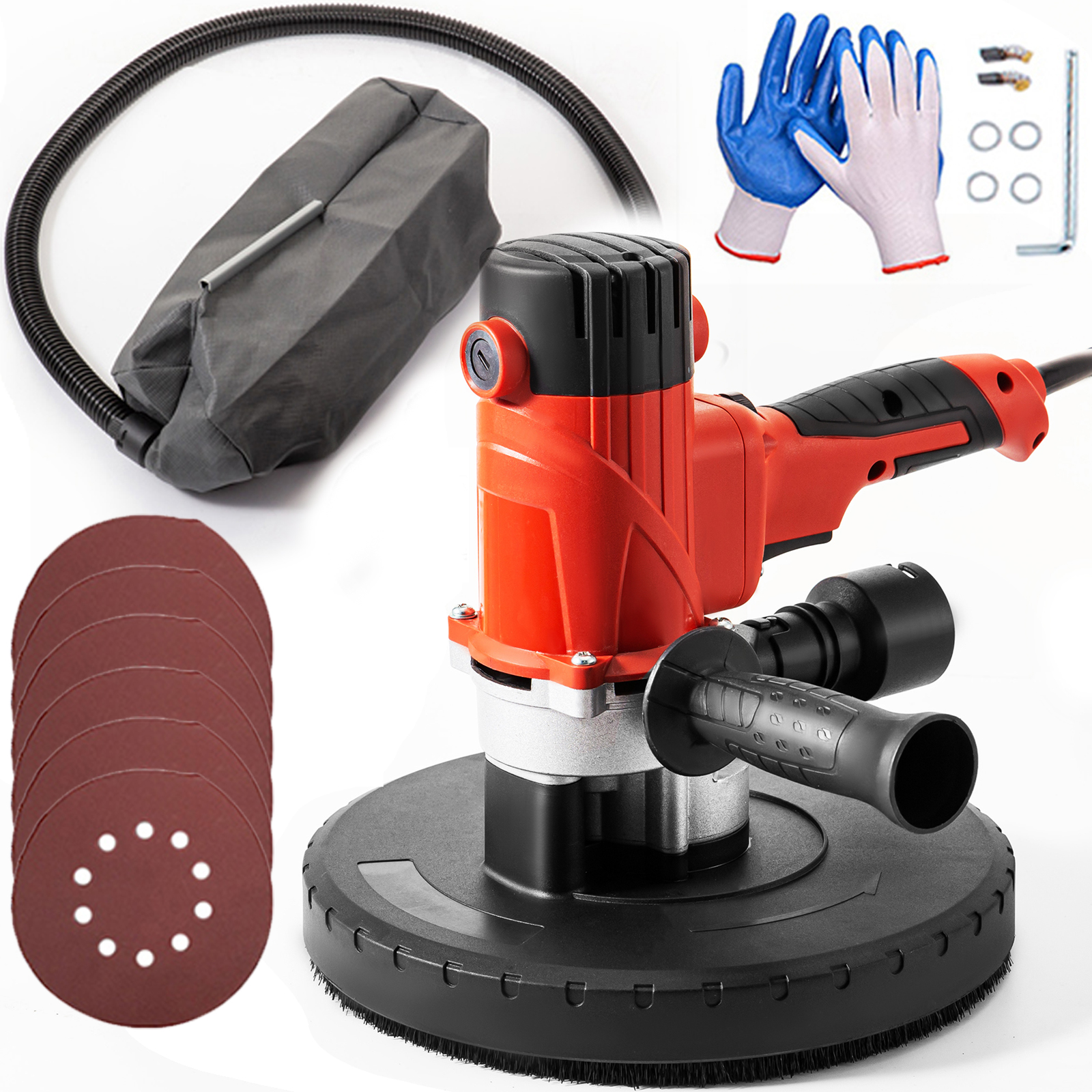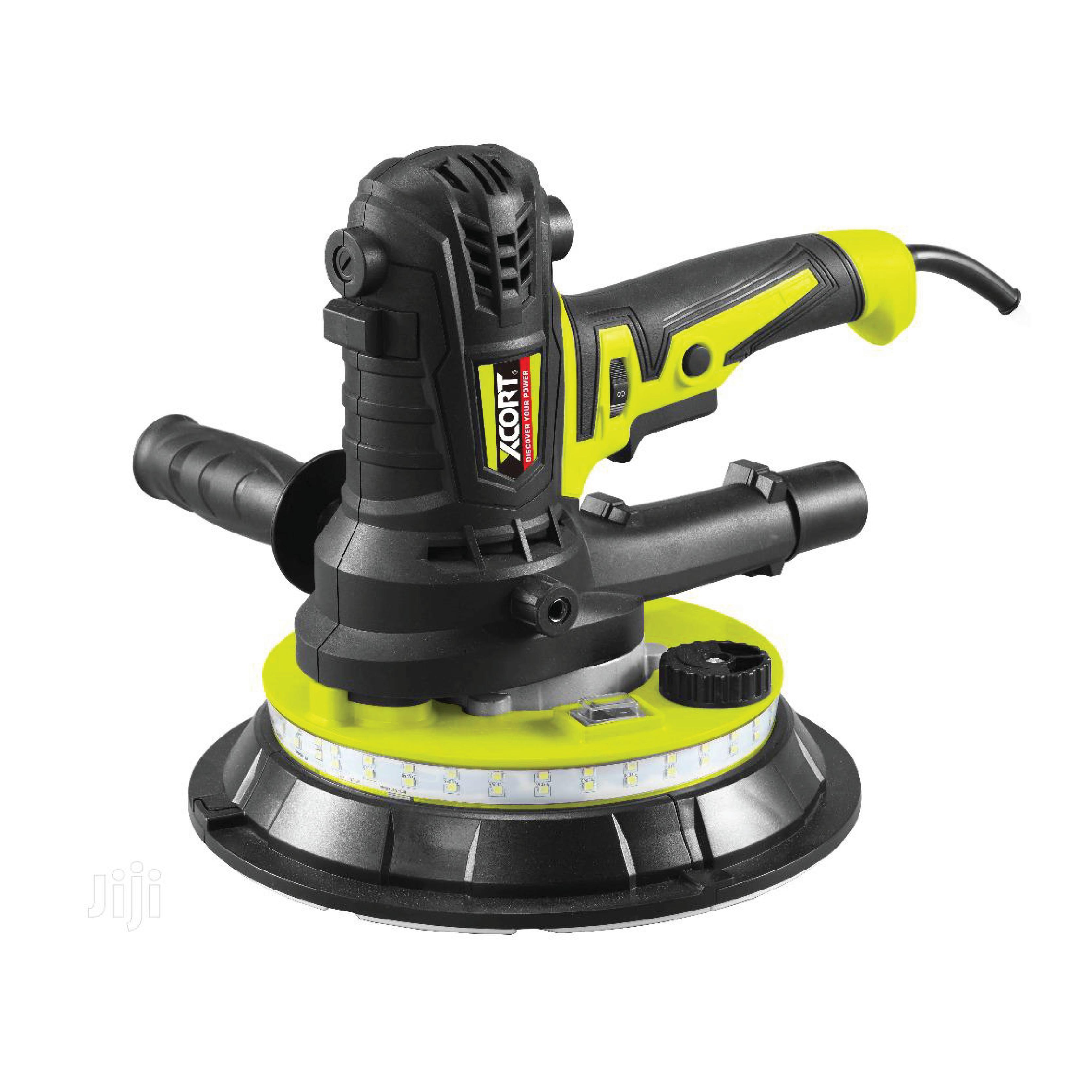
If you are planning to work with drywall, you will need to know how to select the best sandpaper for your project. You can smoothen rough areas and remove gouges by choosing the right sandpaper. This is an important step in any drywall restoration. Bad sandpaper can cause scratches that are hard to cover. It is crucial to understand which grit should be used for your project. Also, the differences between coarse and fine sandpaper grains.
The surface you are working with will determine the grit of your sandpaper. If you intend to paint the walls, for instance, you might need to use a finer grade of sandpaper. A coarser grit is better if you are only sanding drywall. You may even combine different sandpapers depending upon your situation to get the perfect finish.
For sanding drywall, you will usually need a sandpaper with a 120-150 grit. These grits are coarse enough for drywall imperfections to be removed, but fine enough to use without gouges. Using sandpaper with a higher grit will leave scratches, but they will not be visible.

Sandpaper with a grit lower than 220 is not recommended as it can leave very visible scratches on the drywall. In some situations, however, this is the only sandpaper that will provide the desired results. You should not overload a sandpaper that has a lower grade grit with joint compound. When the sandpaper is filled with joint compound, it can cause the paper to become ineffective. Protective gear is essential when sanding drywall.
There are three main types of drywall sandpapers: aluminum oxide, silicon caride, and garnet. These sandpapers are often open-coated. The particles are smaller than those found on sandpapers that have a closed coat. Silicon carbide sandpaper is hard-edged and used often to sand drywall joints. Aluminum oxide sandpaper is cheaper than gemstone sandpaper. It does not rip as easily as garnet.
For small jobs, a hand sander is ideal. However, if you are working in a corner, you will need to use a sanding block. It is better to buy a pole sander if you plan to repair a lot of wall. A pole-sander increases your reach and makes sanding simpler.
Also, use a mask while sanding the drywall. Dust can cause serious damage to your eyes and lungs. To avoid this, place plastic sheeting on the outlets and furniture to keep the dust out. You can also cover your drywall with a dust-proof covering, such as a sheet of plastic, before you start your sanding.

After you are done with sanding your drywall, be sure to fill any voids. Then you can repair the damaged areas. You can then apply joint compound to repair the damage, and then sand using a finer piece of sandpaper to complete the job.
FAQ
Is it better to hire either a general or subcontractor?
A general contractor will usually cost more than a subcontractor. A general contractor has many employees, so they often charge their clients a lot of money for labor costs. A subcontractor on the other side only employs one person, so he/she charges less per-hour.
How do I renovate my house with zero money?
Here are some tips to help you renovate your home without spending too much money.
-
Make a budget plan
-
Find out what materials you need
-
You must decide where to place them
-
Make a list.
-
Figure out how much money you have available
-
Plan your renovation project
-
Get started on your plans
-
Do your research online
-
Ask friends and family to help
-
Be creative!
Can I rent a dumpster?
Yes, you can rent a dumpster to help you dispose of debris after completing your home renovation. Renting a dumpster to dispose of your trash is a great option.
How do I choose a good contractor?
Ask family and friends for referrals when looking for a contractor. Also, look at online reviews. Check to make sure the contractor has experience with the type of construction you are looking for. Request references and make sure to verify them.
What should I look for when buying a home?
You should ensure that you have sufficient funds to cover the closing costs of your new home before purchasing it. You may want to refinance your mortgage if there isn't enough cash.
How should home renovations take place?
First, decide where you want everything to go in your renovations. If you intend to sell your home in the near future, you need to think about how you will present it to potential buyers. Next, think about how you want your living space, including the kitchen, bathroom and living room. Once you have chosen the rooms you want to remodel, you can start looking for contractors who can help you. You can then begin your renovations once you have hired an expert contractor.
How do you sell your house quickly and without the need to pay realtor fees
Start searching for buyers immediately if you're looking to sell your house fast. This means that you should accept any offer from the buyer. You will likely lose some buyers if you hold off too long.
Statistics
- The average fixed rate for a home-equity loan was recently 5.27%, and the average variable rate for a HELOC was 5.49%, according to Bankrate.com. (kiplinger.com)
- It is advisable, however, to have a contingency of 10–20 per cent to allow for the unexpected expenses that can arise when renovating older homes. (realhomes.com)
- They'll usually lend up to 90% of your home's "as-completed" value, but no more than $424,100 in most locales or $636,150 in high-cost areas. (kiplinger.com)
- Rather, allot 10% to 15% for a contingency fund to pay for unexpected construction issues. (kiplinger.com)
- Design-builders may ask for a down payment of up to 25% or 33% of the job cost, says the NARI. (kiplinger.com)
External Links
How To
5 Things You Should Know Before Starting Your House Renovation
-
Do you really want to do this? - If you're going to start a major home improvement project like renovating your kitchen, bathroom or even building a new house, there's no doubt that you'll need some help along the way. It's possible to feel overwhelmed by such a large project. You could lose a lot of time and money and not reap any real benefits. Why not get someone who is experienced to assist you? These people will save you time, stress, and provide a beautiful place to live in.
-
How much should a project cost? - This one might seem obvious, but spending too much on a renovation project could actually make matters worse. Because you will likely end up paying most of the costs back at the conclusion of the day. If you have a budget in place, stick with it. A lack of a budget could mean that you end up spending a fortune and getting nothing in return.
-
Do I hire professionals or do I need to DIY? - Although there's no right answer, we would recommend hiring professionals if you have the means. After all, they'll be able to give you advice on how best to proceed with your project. They'll install your plumbing correctly, provide a warranty, and ensure everything goes according to plan. DIY projects require lots of trial and errors, which can mean you'll have many lessons to learn. You will also need to deal with the many issues that arise during the process.
-
How much can I afford it? - Don't underestimate the cost of a renovation project. Even if your budget is tight, you may need to borrow money to cover costs. You should also consider the cost of selling your property if you plan to move soon after the renovations are completed.
-
Where do I start? There is no right or wrong place to begin when it comes to starting. But we suggest you choose something that you enjoy working on. That way, you'll be motivated to keep going, and you'll be less likely to procrastinate. You should also avoid areas that require extensive maintenance. If you have to deal with dirt and dust, don't try to redecorate the living room.